A few weeks ago, on an Ask Julie Anything, we had a question about a condition that you don’t hear of very often: ectopic ureter in dogs and cats.
This it got me thinking: just because we don’t hear about it often, that doesn’t mean people don’t encounter it with their beloved animals. Some may not even know it exists! And while relatively rare, this condition can significantly impact a pet’s quality of life.
Since the symptoms can mirror other conditions, knowing more makes it possible for us, as pet parents, to make better choices for our animals. And really, that’s all any of us are here to do!
So, this week, we’re exploring ectopic ureter, what it is, some of the symptoms, and how to support your animal.
What is Ectopic Ureter in Dogs and Cats?
Ectopic ureter is a congenital urinary tract abnormality that affects dogs and cats. It is where one or both ureters, the tubes that carry urine from the kidneys to the bladder, do not empty into the bladder at the correct location. Instead, they may bypass the bladder and connect to the urethra, vagina, or other parts of the urinary tract. This can lead to urinary incontinence and recurrent urinary tract infections (UTIs).
As mentioned, it is relatively rare but more commonly diagnosed in certain dog breeds, including Labrador Retrievers, Golden Retrievers, Siberian Huskies, and Cocker Spaniels. It can also affect cats, though less frequently.
There are two different types of ectopic ureter in dogs and cats:
- Intravesical Ectopic Ureter: In this type, the ureter enters the bladder but fails to connect to the bladder wall properly, leading to urine leakage into the urethra.
- Extravesical Ectopic Ureter: In extravesical ectopic ureter, the ureter bypasses the bladder entirely and connects to another part of the urinary tract, such as the urethra or vagina.
Since this is a congenital condition, there’s no way to prevent it. All you can do is watch for the signs and support your animal.
Speaking of signs…
Signs and Symptoms to Watch For
Common signs of ectopic ureter include:
- Urinary Incontinence: Pets may dribble urine continuously or experience involuntary urination.
- Frequent UTIs: Recurrent urinary tract infections may occur due to the abnormal flow of urine.
- Excessive Drinking and Urination: Pets may drink more water and urinate frequently due to inefficient bladder emptying.
As you can see, these symptoms themselves are not uncommon. In fact, UTIs are very, very common. But if you’re treating a UTI without knowing the root cause, you could be addressing the wrong issue and not actually solving the problem. The same goes for incontinence or excessive drinking.
[RELATED] Dog Incontinence: What’s Behind the Accidental Leakage?
When Ectopic Ureter is Present
After a veterinarian diagnoses ectopic ureter, there are 2 usual approaches to treatment.
The primary treatment is surgical correction to reposition the ureter and create a new connection to the bladder. This procedure aims to restore normal urinary function and alleviate urinary incontinence.
The second is a more temporary solution, where medications such as phenylpropanolamine (PPA) may be prescribed to help control urinary incontinence. Again, this doesn’t “fix” the issue, it just acts as a band-aid solution. Our founder, Julie Anne Lee, expresses huge caution if your vet is recommending this drug. It has been banned in the human medical world because of its high side effect incidence of stroke, but it is still used in veterinary medicine. It would only be thought of if euthanasia was the only other option.
Non-surgical Support
If surgery is out of the question, and your animal is not in a place where it is compromising their life, then a few things can be helpful:
- Diapers are a really good option because they whisk the urine away. Be sure to use proper diapers that do that. And make sure they fit properly without rubbing uncomfortably. By using diapers, your animal can continue to be part of your family without worry over leaking.
- Use our Easy Peesy Protocol to try and ward off UTIs. The d-mannose can help pull pathogenic bacteria from the bladder, the N-acetyl glucosamine works as a natural anti-inflammatory for the bladder wall, and the cranberry can help keep the pH of the urine normalized.
- Consider homeopathic echinacea 12C daily to keep the immune system strong.
- Support the gut to support the immune system. Probiotics that help to support the immune system and decrease chances of infection and increase over all health and wellness are another great choice.
Post-surgical support
If you opt for surgical intervention, you always want to support your animal as best as possible. Any time there’s surgery, you’re still opening a cavity. There are effects on the body, including adhesions, scaring – these are natural responses to the surgery. You need to support the organs afterwards.
Thankfully, there are many different ways to do that:
- Diet. It goes without saying that diet can help support overall health. Both after surgery or as non-surgical support, fresh whole foods, essential fatty acids, and antioxidant rich foods can all aid urinary tract health.
- Helpful herbs and supplements. Herbal supplements such as cranberry extract or D-mannose may help prevent UTIs by helping to carry out pathogenic bacteria. After surgery (or after medications), certain supplements can be helpful for detoxing the body of antibiotics or other pharmaceuticals. We like fulvic and humic acid (found in our Fido’s Flora and Felix’s Flora), and cleansing herbs like those found in our Liver Tonic.
- Acupuncture and physical therapy. Acupuncture and physical therapy can aid in pain management, promote healing, and improve bladder function.
- Homeopathy. Specific remedies can encourage healing with less scaring, increase healing time, and provide pain relief:
– Arnica 200C or 1M given even 4 hrs the first day, then 4 times a day for two days, then twice a day for 5 days.
– Staphysagria 200C three times a day for 2 days for the incision healing.
– Phosphorous 200C twice a day for 2 days to help detox the kidneys and liver from anesthetic. - Stress reduction. Minimize stressors in your pet’s environment to promote relaxation and support their recovery process.
Ectopic ureter is a congenital condition that can affect dogs and cats, leading to urinary incontinence and recurrent UTIs. While surgical correction is the primary treatment option, holistic approaches can provide valuable support post-surgery to promote urinary tract health and overall well-being. Working closely with your veterinarian can help ensure the best possible outcome for your beloved pet.

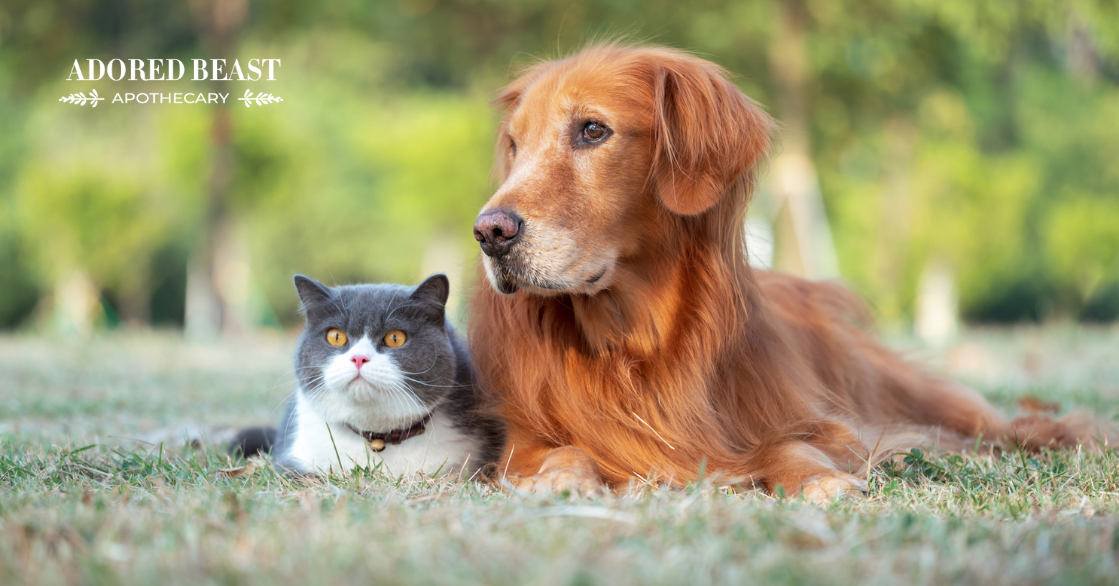

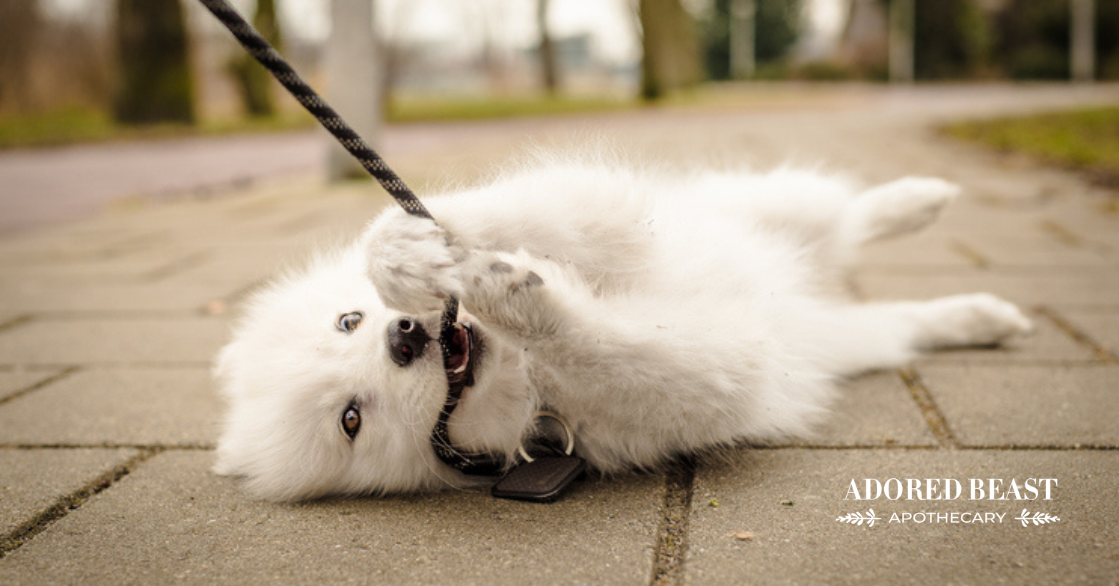
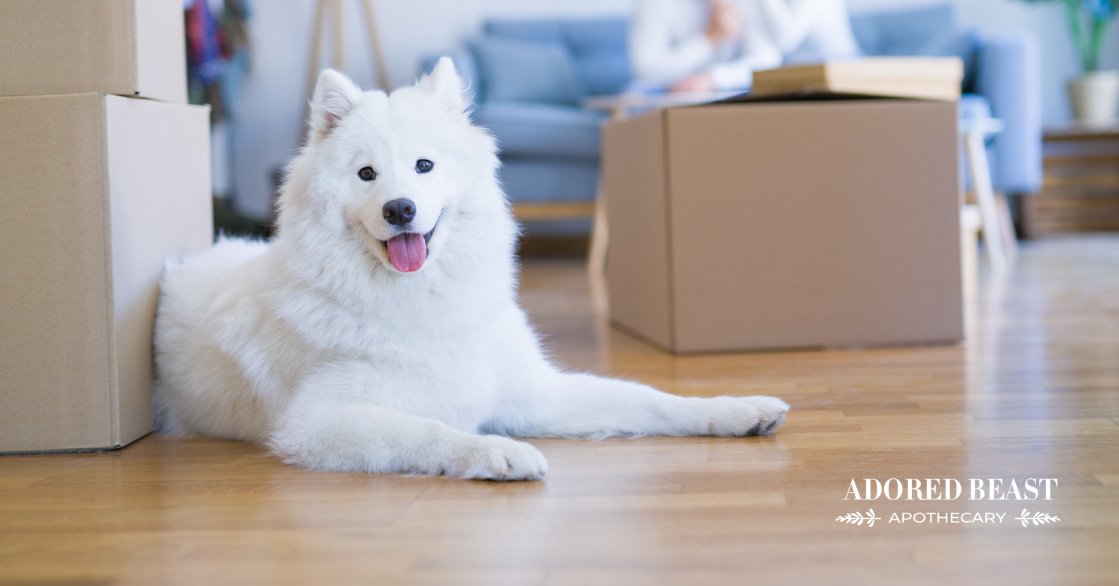
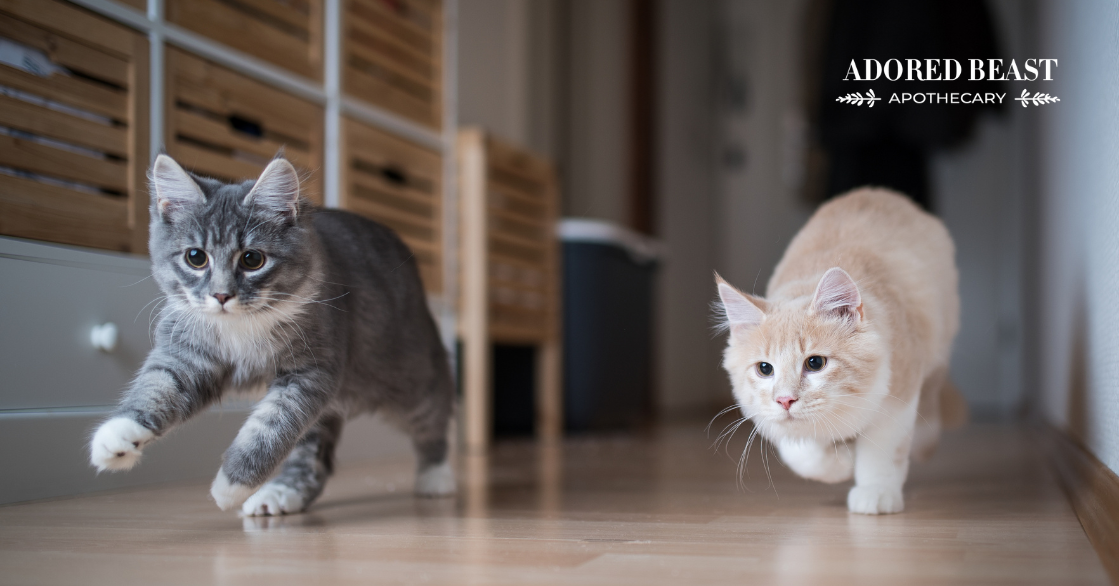
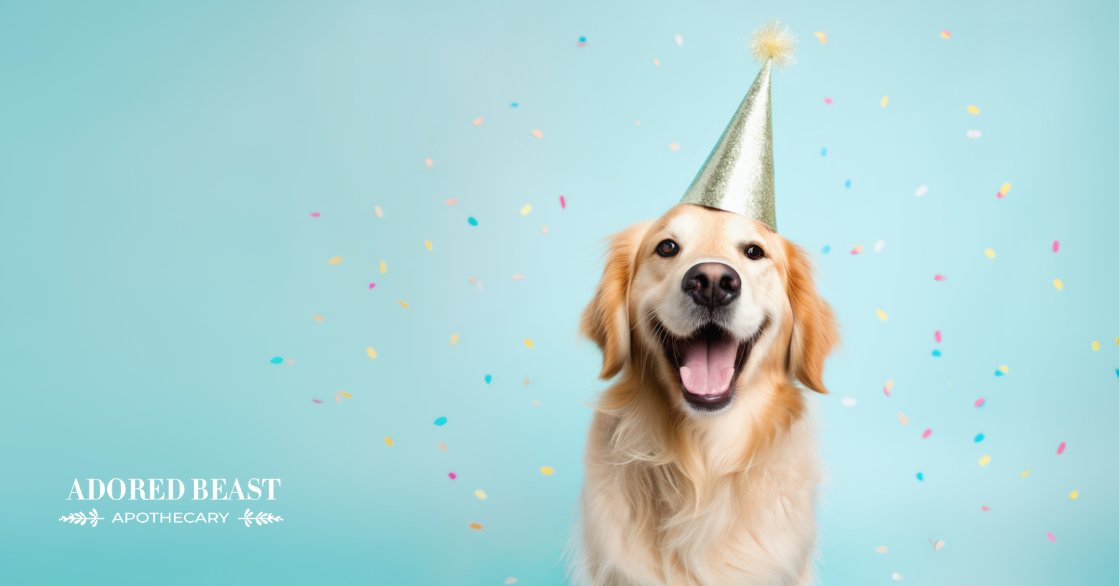





![[RESEARCH] Is Herbicide Safe for Dogs?](https://blog.adoredbeast.com/wp-content/uploads/2025/06/herbicides-safe-for-dogs-103x55.png)